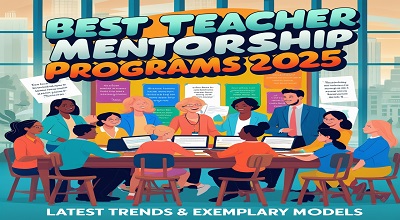Teacher Mentorship Programs
Teacher Mentorship Programs: In 2025, teacher mentorship programs have evolved to meet the dynamic challenges of modern education. These programs are pivotal in enhancing teacher effectiveness, reducing burnout, and fostering professional growth. This article delves into the most impactful mentorship programs of 2025, highlighting their structures, benefits, and real-world applications.
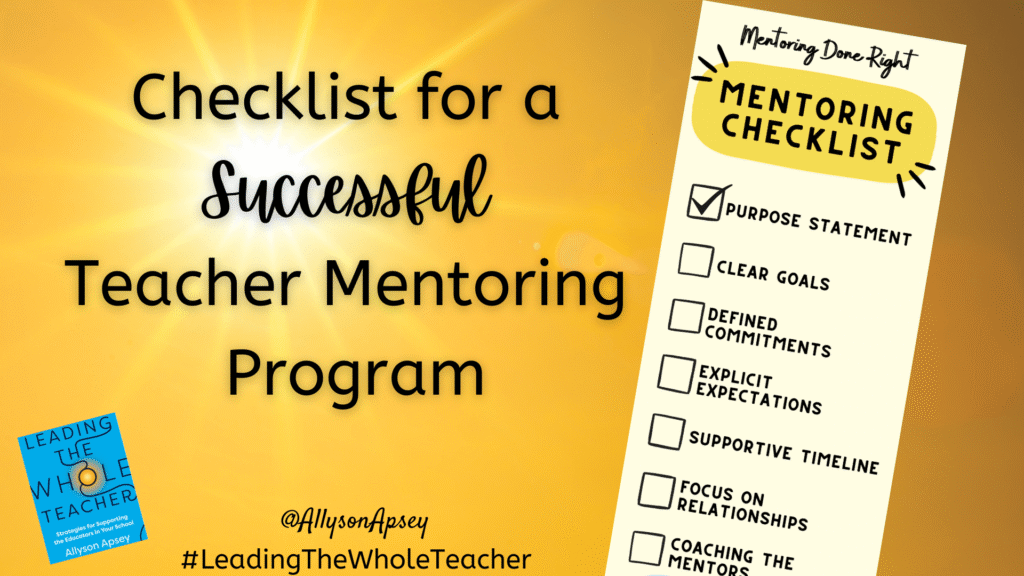
The Importance of Teacher Mentorship
Teacher mentorship serves as a cornerstone for professional development, offering new educators guidance, support, and the tools necessary for success. Effective mentorship programs contribute to:
- Increased Teacher Retention: Providing support reduces early-career attrition.
- Enhanced Student Outcomes: Mentored teachers often demonstrate improved teaching practices.
- Professional Growth: Continuous learning opportunities for both mentors and mentees.
Key Components of Effective Mentorship Programs
Successful mentorship programs share several core elements:
- Structured Frameworks: Clear guidelines and objectives.
- Regular Interaction: Consistent meetings and feedback sessions.
- Professional Development Opportunities: Workshops and training sessions.
- Supportive Culture: Fostering an environment of trust and collaboration.
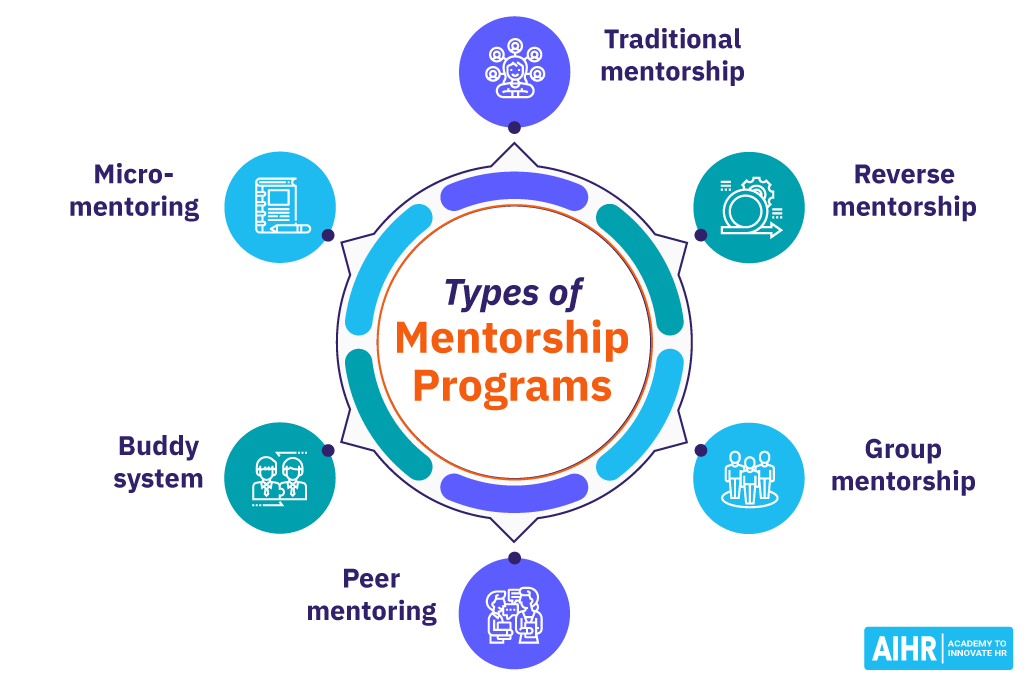
Top Teacher Mentorship Programs of 2025
1. Teach for America (TFA) Mentorship Initiatives
TFA’s mentorship programs pair novice teachers with experienced educators, focusing on urban and rural school districts. These partnerships aim to:
- Provide classroom management strategies.
- Offer emotional and professional support.
- Encourage reflective teaching practices.
2. Harvard’s “Teachers Mentoring Teachers” Program
Harvard University offers a program that emphasizes peer mentoring among educators. Participants engage in:
- Collaborative lesson planning.
- Classroom observations and feedback.
- Development of mentoring skills through workshops.
3. Urban Teacher Residency (UTR) Programs
UTR programs, such as those in Boston and Denver, integrate graduate-level coursework with hands-on teaching experience. Key features include:
- Year-long residencies with mentor teachers.
- Focus on high-need urban schools.
- Commitment to teaching in underserved communities post-graduation.
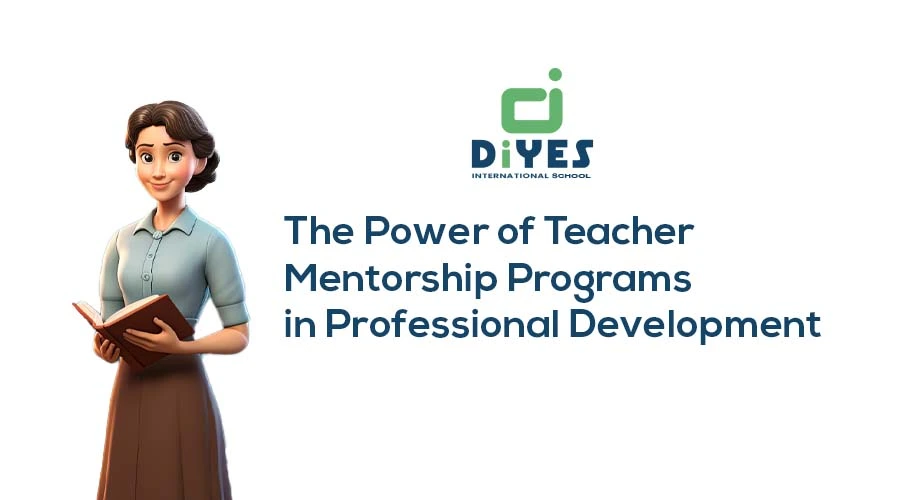
4. Woodrow Wilson Teaching Fellowship
This fellowship recruits STEM professionals to transition into teaching. Fellows receive:
- Master’s degree funding.
- Intensive mentorship during their studies.
- Placement in high-need schools with ongoing support.
5. Bell Shakespeare Regional Teacher Mentorship Program
Based in Australia, this program revitalizes educators through immersive experiences in Shakespearean pedagogy. Highlights include:
- Four-day training sessions.
- Year-long mentorship from theater professionals.
- Focus on creative teaching methods to enhance student engagement.
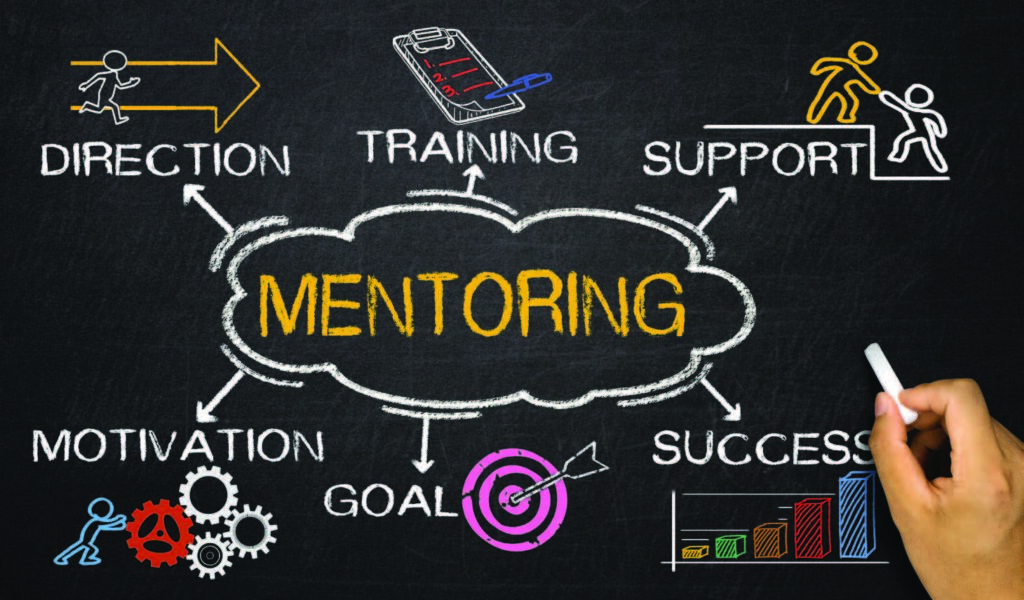
Innovative Mentorship Models
Peer-to-Peer Mentoring
Encouraging collaboration among teachers at similar career stages fosters a sense of community and shared learning. Benefits include:
- Mutual support and idea exchange.
- Reduced feelings of isolation.
- Collective problem-solving.
Digital Mentorship Platforms
Online platforms facilitate mentorship across geographical boundaries. Features often include:
- Virtual meeting spaces.
- Resource sharing tools.
- Access to a diverse pool of mentors.
Cross-Disciplinary Mentoring
Pairing educators from different subject areas can lead to innovative teaching strategies and interdisciplinary learning experiences.
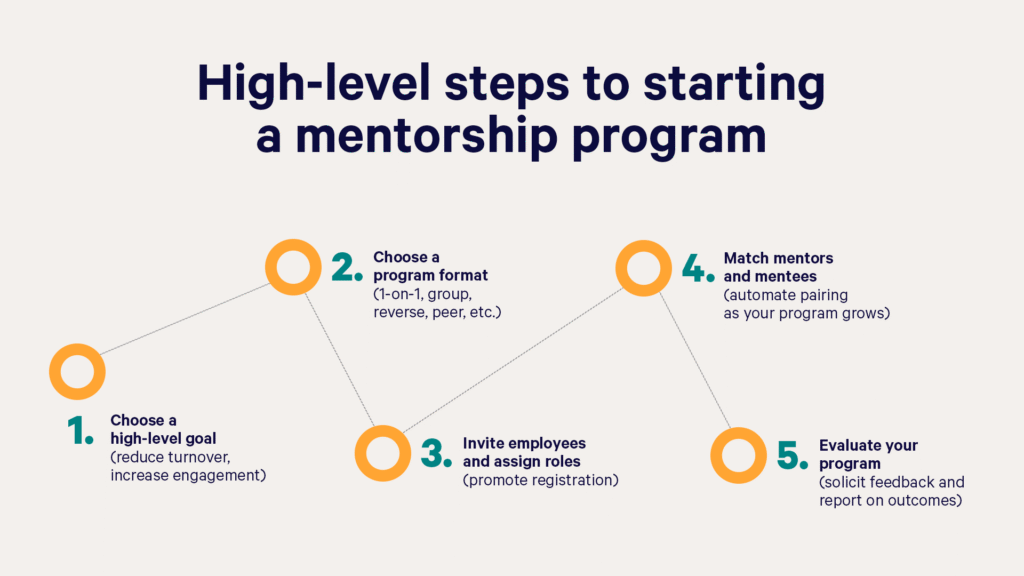
Challenges in Implementing Mentorship Programs
While mentorship programs offer numerous benefits, they also present challenges:
- Resource Allocation: Ensuring adequate time and funding.
- Matching Mentors and Mentees: Aligning personalities and teaching styles.
- Sustaining Engagement: Maintaining motivation and participation over time.
Strategies for Overcoming Challenges
To address these challenges, schools and districts can:
- Allocate dedicated time for mentorship activities.
- Use data-driven approaches to match mentors and mentees.
- Provide incentives and recognition for participation.
The Future of Teacher Mentorship
Looking ahead, teacher mentorship programs are expected to:
- Incorporate more technology-driven solutions.
- Focus on personalized professional development.
- Expand to include mentorship for veteran teachers seeking leadership roles.
Conclusion
Teacher mentorship programs in 2025 are integral to the success of educators and students alike. By embracing innovative models and addressing challenges proactively, these programs can continue to thrive and evolve, ensuring a high-quality education for all learners.
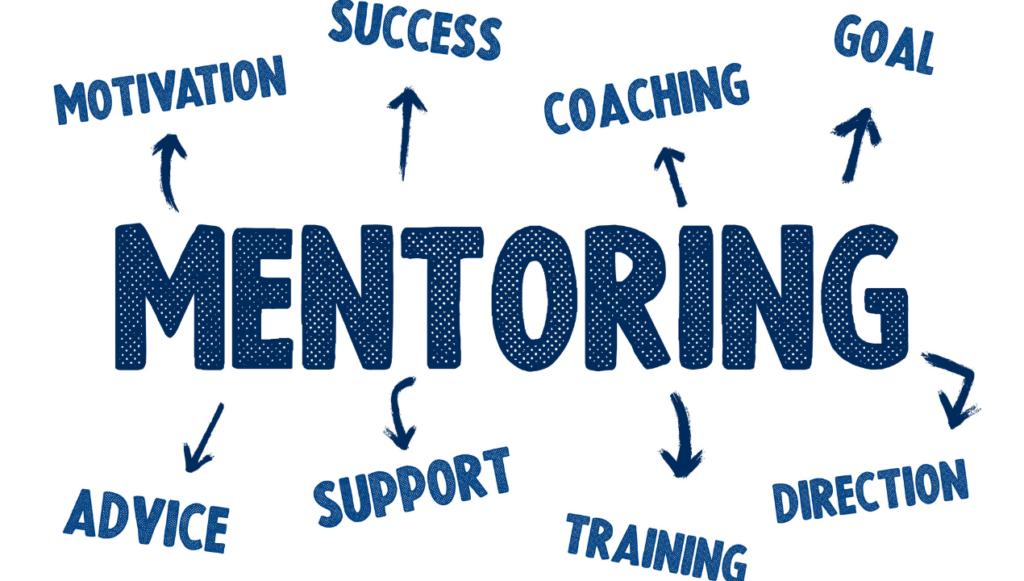
Frequently Asked Questions (FAQs)
1. What is the primary goal of teacher mentorship programs?
The main objective is to support new educators by providing guidance, resources, and professional development opportunities to enhance their teaching effectiveness and retention.
2. How do mentorship programs impact student learning?
Teachers who participate in mentorship programs often exhibit improved teaching practices, leading to better student engagement and academic outcomes.
3. Are mentorship programs only for new teachers?
While many programs focus on new educators, some also cater to experienced teachers seeking leadership development or transitioning into new teaching roles.
4. How can schools implement effective mentorship programs?
Schools can establish clear objectives, allocate necessary resources, provide training for mentors, and foster a supportive culture to ensure the success of mentorship initiatives.
5. What are some emerging trends in teacher mentorship?
Emerging trends include the use of digital platforms for virtual mentoring, peer-to-peer mentorship models, and cross-disciplinary collaboration among educators.
Free Now: Cover Fire MOD APK
